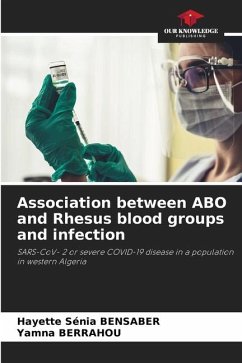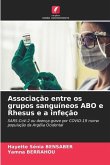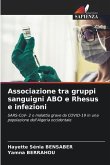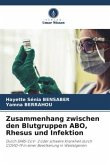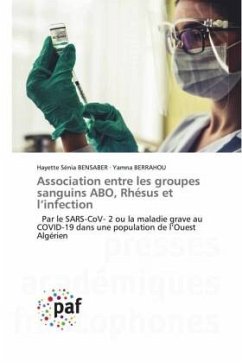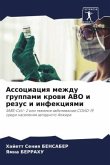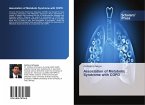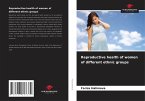Since the outbreak of the SARS-CoV-2 pandemic in March 2019, scientists have been at the forefront of attempts to define the virus, the disease and even the aggravating factors.Questions have arisen about the relationship between a patient's blood type, rhesus and the development of COVID-19 infection.Our present study aims to determine whether or not there is a correlation between blood groups, rhesus and COVID-19 disease, as well as its severity.We carried out a retrospective study spread over 7 months from August 2021 to February 2022, involving 59 patients including 33 males and 26 females suspected of having COVID-19 aged between 14 and 90 years. .RT-qPCR techniques and blood grouping were used to determine the patients' blood group and whether or not they were infected with the SARS-CoV2 virus.The P value was 1, indicating that the link between blood group and COVID-19 infection was not significant. In the light of our results, there is therefore a correlation between patients' rhesus and age in the development of COVID-19 infection.

